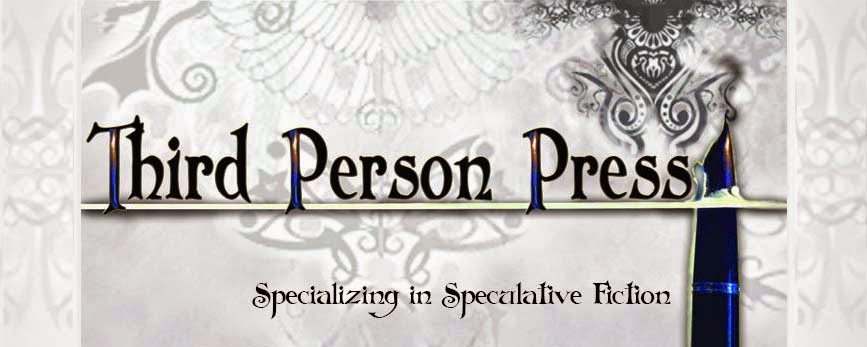 | ||
So–how do you become a better self-editor?
1. Practice. Repeat after me: the first draft is not a finished work. Yes, you may complete your first draft in a rush of adrenaline and endorphins and think it’s the best thing anyone has ever written, anywhere. It’s not. Never send out something until that first fine rush has ebbed and you start to doubt. Once the doubt is there, you can start looking for all the things that are wrong, and begin to fix them. And fix them, and fix them, and when you think they’re fixed, see #2, below.
2. Other Eyes. My friend Steph has a great post over here about the necessity and value of first readers. The more eyes you can get on your work–knowledgeable, practiced eyes–the more chances you have of finding those things that editors will (or should) only fix later anyway. So those problems won’t be there to trip up your readers later.
3. Tools. Don’t underestimate the value of your word processor’s built-in spell-check and grammar-check; at the very least, they should make you slow down and look at possible problematic areas of your work. But they’re only the very minimal basics. One tool I love is Cliché Cleaner. Run your work through this handy little program to find clichés, overused expressions, and internal repetitions. It’s amazing how much one tool like this can help you clean up your work. You may have your own favorite cleanup tools–just don’t forget to use them.
4. Distance. Remember that first rush we talked about, that comes with completion of your first draft? One way to avoid falling victim to its siren song and sending your story out too soon is to get some distance from the work. Let it sit until it’s no longer totally fresh in your mind–a week, a month, even longer if you have the luxury. There’s nothing like coming back to it with some heightened objectivity to clear away the tint of those rose-coloured glasses.
5. Humility. No matter how competent or skilled a writer you are, you will always benefit from remembering that you are not perfect and neither are your early drafts. Expecting that your work will need polishing allows you to see its flaws more easily. Accepting that others will spot problems that you haven’t seen will make you more open to using their suggestions wisely.
For more advice on good self-editing, I highly recommend Self-Editing for Fiction Writers by Renni Browne & Dave King. Got your own self-editing favorites? Share them in the comments!
Image courtesy of Kadellar (Own work) [CC-BY-SA-3.0 (http://creativecommons.org/licenses/by-sa/3.0)], via Wikimedia Commons
















